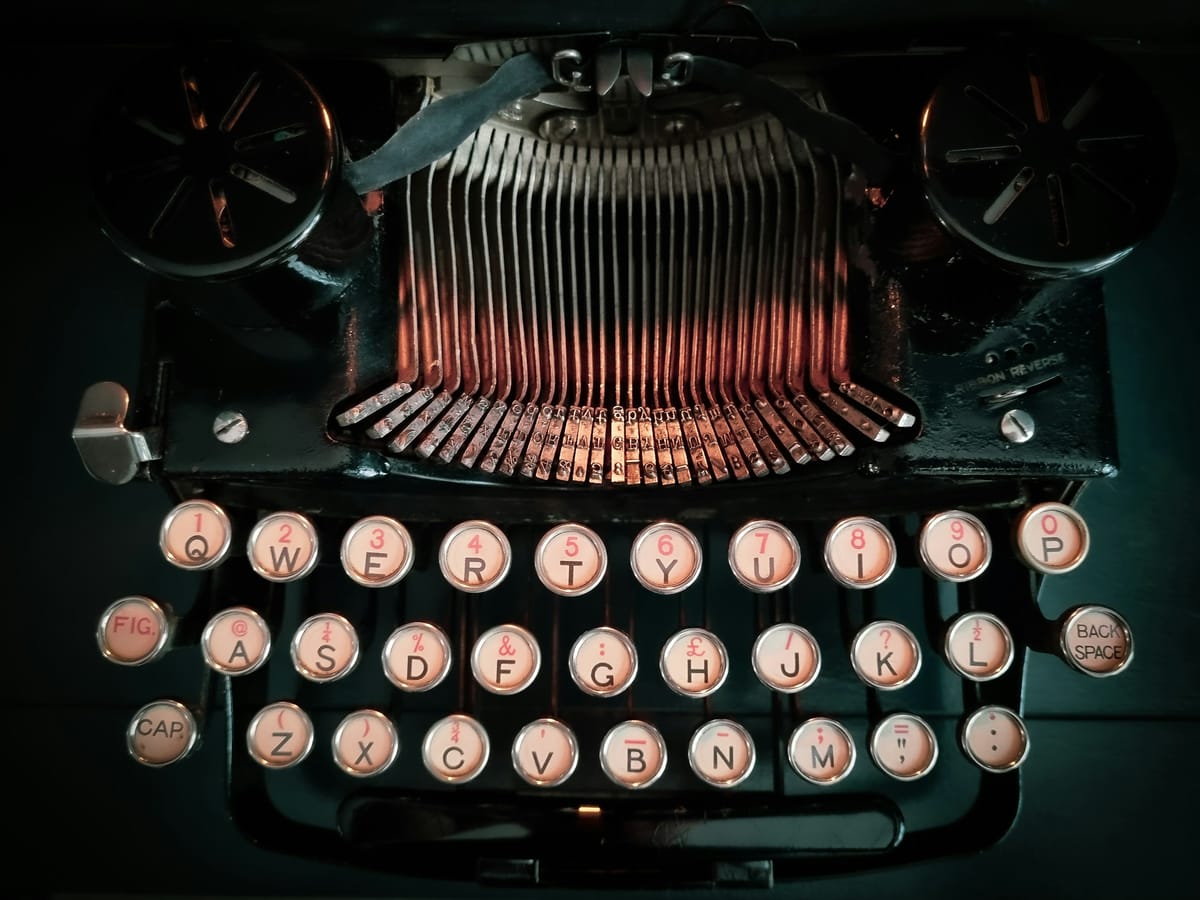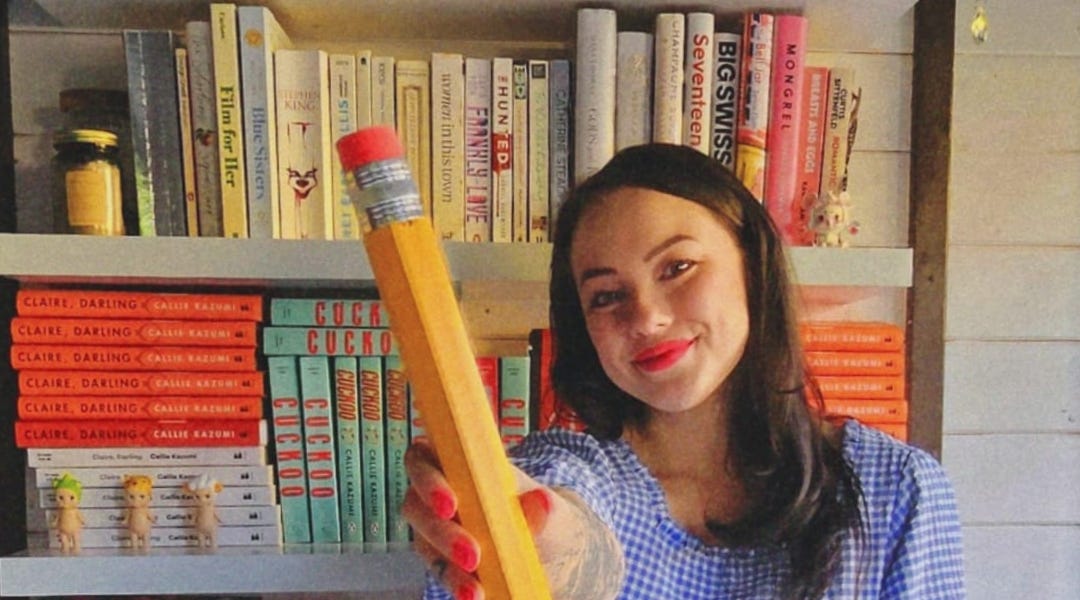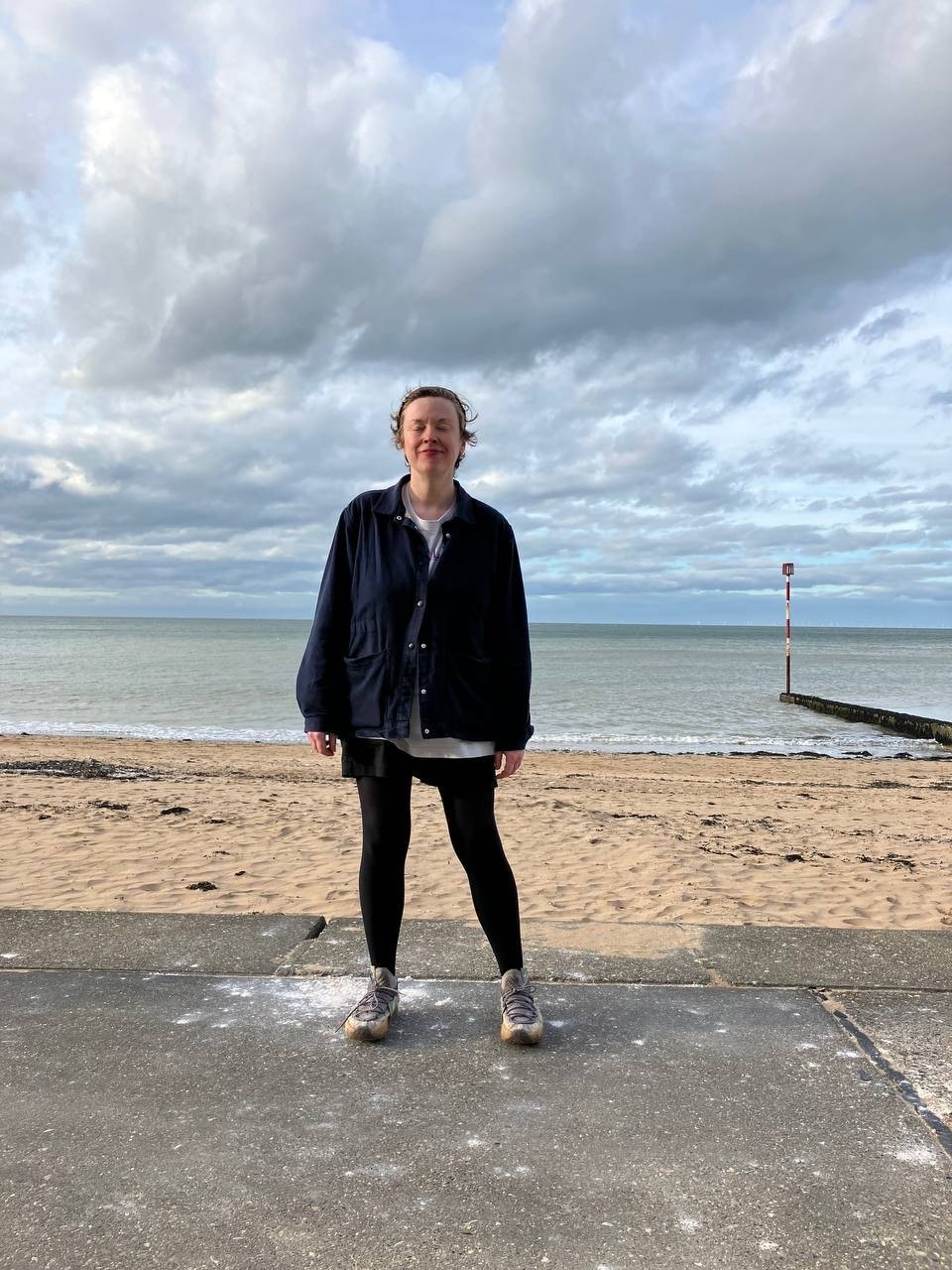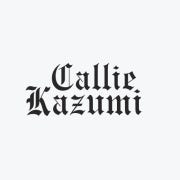How I got my agent

When I was querying, I voraciously read every single article I could find titled "How I got my agent." And "How to get published by a Big Five". And, of course, Kate Dylan's "Sub Stories". I was desperate for any information on how to to navigate and, yes, conquer, this opaque yet required process for getting a traditional publishing deal.
If you are reading this, I imagine you are about plunge into the depths of said process, feeling both terrified and excited. Or perhaps you are in the trenches, needing a glimmer of hope and solidarity.
I'm not going to give the step by step advice, as others have already tackled this so well. In particular, read Callie Kazumi's substack "Getting a literary agent". Callie is a seasoned publishing industry professional AND a top notch thriller writer, so she really knows her stuff. Also, if video is more your learning medium, check out Alyssa Matesic's youtube videos. They are chock full of advice, and she's got a great 15-minute video on finding a literary agent. Both resources are linked below.
For my own story, I'm just going to give you my stats and a few of my big reflections.
BY THE NUMBERS:
20- The number of agents I queried
7- The number of weeks until I got my offer
11 and 12- The months I queried in
1 billion- The number of times I was certain it would never happen
MY REFLECTIONS:
- Query only when your manuscript is truly ready. You'll hear this over and over but it's true. Take the time to make your manuscript the best it can be. Get beta-readers. Better yet, if you can, hire an editor. I used Laura Joyce, who I found on Reedsy. She was incredible and I truly don't think I would have landed an agent had I not worked with her first.
- Be mindful of when you query. While there's no right and wrong time to query, there are a few times you may want to avoid. Don't query on a major holiday, it's bad form. Sounds obvious to most of us, but it happens. I queried in late November/early December, which even then I was worried was veering too close to the holiday season. But I think this timing actually worked to my advantage, because if you can get your materials out by early December, you might be catching agents right before they sign off for the holidays and are looking for something to read during vacation. Also, don't query right before a major book fair or your work could get lost in the mayhem. Big book fairs are London Book Fair (usually early-mid March) and Frankfurt Book Fair (mid October). Summer tends to be slow, but everything about publishing is slow, so I wouldn't necessarily write this season off entirely for querying. Just expect answers might be slower than usual.
- Don't underestimate the importance of writer/agent fit. In some ways, getting an agent is a numbers game. Of course you have to have a stellar manuscript, but given how inundated agents are, you also do need to play the odds and be prepared to submit to A LOT of agents. But in casting a wide net, you need to make sure that all the agent fishies in the net are ones you'd truly want to reel in. Read the Manuscript wish lists. I knew my agent, Jade Kavanagh, was a good fit when I read the following: "I’m looking for haunting stories filled with slow build darkness and characters with heart." And: "I really want something dark and witchy". And: "I’d also love to read a modern vampire novel and have my heart set on a Dracula retelling." Girl after my own heart. What Jade wanted was what I had written AND wanted to write. Another factor people might not think of is experience level. I signed with a more junior agent (who has since been promoted up, woohoo Jade!) partially because I knew that my own needs and communication-style would be better suited to a newer agent building out their list. She'd be able to dedicate more time to me and communicate more frequently, which was important to me because, well, because I'm pretty damned needy. And she was hungry to make sales and build her reputation. She prioritized my manuscript right after signing, and (and I know this isn't the typical experience) we had an offer within two weeks of submission. My agent was ON IT. Signing with a more seasoned agent of course has benefits, but you may not get the same level of 1:1 attention or prioritization you'd get with a less seasoned agent.
Okay, so that's about it for my reflections. I wish I could tell you that since getting an agent and a publishing deal, that I've become less obsessive. I haven't. Instead of reading "How I got my agent" articles, I now read Publishers Marketplace deal announcements and whatever information I can on how books are marketed and how Reese chooses her books :) I think it's because as writers, we are naturally curious. And because in an industry where waiting is part of the experience, absorbing any new information feels active.
Before I sign off, I want to wish all you fellow writers the best of luck in your publishing journey. And don't give up if it doesn't happen the first time. Rewrite the book, write a new book, and read novels voraciously. Writing is a muscle and you'll get better the more you do it and the more you study how others do it well.
Ashley



